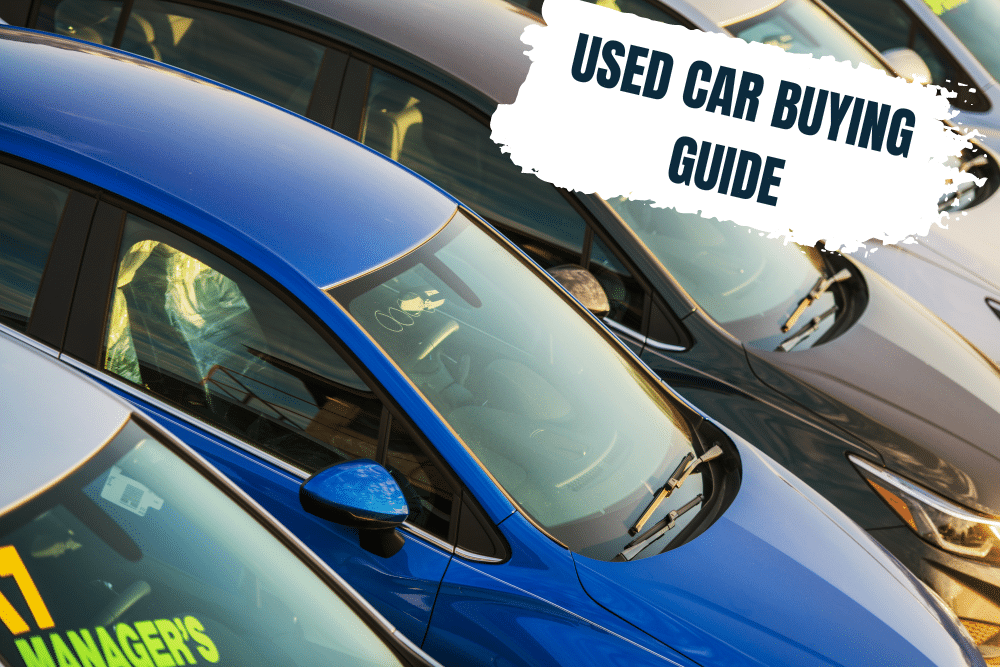- The Savvy Promise
At Savvy, our mission is to empower you to make informed financial choices. While we maintain stringent editorial standards, this article may include mentions of products offered by our partners. Here’s how we generate income.
When it comes to making a big financial commitment like purchasing a car, it’s essential to get your timing right. Depending on the time of year you look to buy, you could save plenty on your car purchase, just by waiting for the perfect moment to strike. It’s worth knowing when these times are, so you can find out all about them right here with Savvy today!
End of the financial year (EOFY)
The end of the financial year, which is 30 June in Australia, is a well-known time for car dealerships to push for sales targets, which can translate into significant savings for car buyers.
Sales staff and dealerships often have quotas to meet by the end of the financial year. To achieve these targets, dealerships are more likely to offer discounts, rebates and attractive inclusions on a wider range of vehicles in their stock.
For this reason, EOFY sales are commonplace in the car industry, so if you’re in the market for a new car, buying before 30 June could be a big boost to your hip pocket.
Additionally, if you’re purchasing a car for your business, buying just before EOFY allows you to claim any relevant costs almost instantly, rather than waiting until next June.
The following table lists several examples of EOFY sales available among manufacturers in 2023, with details on discounts obtained from WhichCar:
|
Brand |
Model |
MSRP |
Discount |
Condition? |
Estimated price |
|
GWM |
Cannon 4×4 |
$1,000 |
ABN holder, 2022 models |
$29,910 |
|
|
Hyundai |
Santa Fe |
$2,500 deposit |
In-house finance |
$38,640 |
|
|
Mazda |
CX-5 |
$1,000 deposit |
In-house finance |
$26,500 |
|
|
MG |
ZST |
$2,000 |
Excite and Essence only |
$20,660 |
MSRP based on lowest available price from 2022. Estimated prices may not be representative of prices offered during 2023 EOFY sales.
End of the calendar year
By the end of the year, dealers are keen to shift their stock before it becomes a group of last year’s models. Because of this, it’s worth looking into whether you can score a new car just before the New Year.
Another element of this is, like EOFY, many dealers will have targets set for the calendar year, meaning they’re likely to be more focused on selling vehicles in what is traditionally a much quieter time for car sales.
In 2023, which was a record-breaking year for car sales in Australia, the number sold in December was 98,544, according to VFACTS data released by the Federal Chamber of Automotive Industries. Although this number is high for December, it still fell comfortably short of the four-month average of 109,905 leading into the end of the year.
With this in mind, you may be able to score yourself a bargain new car by purchasing it just before the start of the next year, although the bargain basement fun doesn’t stop there.
Start of the calendar year
Once it ticks over to January 1, all models with the previous year on their plate are officially old stock. By holding out to the New Year, rather than buying during the Christmas period, you could save yourself even more money by buying an older model.
As dealerships become more desperate to sell their previous year’s inventory, your bargaining power becomes even stronger, according to Managing Director of Savvy Bill Tsouvalas.
“If you’re someone who doesn’t have an issue buying an older model, even if you’re purchasing brand-new, waiting until just after New Year’s could be a great move for your bank account”, he said.
“Dealerships need to make space for their new models, which typically arrive a few months into the year, so you can be sure you have the upper hand when it comes to negotiating on the price, as well as other attractive features.”
Bill Tsouvalas, Managing Director - Savvy
New model run-out/stocktake sales
While dealerships look to clear their stock at the change of year to make room for vehicles with the current year’s plates, the same is true when they’re expecting an updated or new model from a manufacturer.
Around this time, you’re likely to see discounts popping up from models which are about to be replaced, presenting you with a strong opportunity to strike a more affordable deal on your new car.
If you’re eyeing a particular car and don’t mind if it’s about to be an outdated model, purchasing a model at a run-out sale could help you maximise your savings on your new car.
End of the month
Of course, if you want to buy a new car now and don’t find yourself near any of the above times of year, waiting until the end of the month could also do the trick in helping you bag a good deal on your car.
Like end of year sales, dealerships will often push to meet or exceed their monthly sales targets, which could also include sales volume bonuses from manufacturers. To achieve this, they’ll often drop their prices and be more willing to include attractive bonuses.
With salespeople often crunched and looking to up their numbers, your bargaining position will always be stronger at the end of the month than the start or middle.
Is there a right time to buy a used car?
The best times to buy a used car aren’t as clearly defined as with new cars. While used car dealerships may still target specific times of year like EOFY or Black Friday, there’s less pressure to clear older stock.
It’s often a matter of keeping an eye out on car sales sites, Facebook marketplace and other resources to see if the car you want pops up at the right price.
You’re more likely to find an influx of used vehicles when popular models release their latest upgrade, so if you’re in the market for a Ford Ranger or Toyota HiLux, for example, you may find plenty more options after tradies and other businesses jump on the updated version.
Also, if you’re willing to take on a damaged car for a very cut price, looking for a vehicle immediately following a major storm or disaster could also net you a cheap fixer-upper.
For those on the hunt for a new or used vehicle, you can compare a range of car finance options right here with Savvy.
Did you find this page helpful?
This guide provides general information and does not consider your individual needs, finances or objectives. We do not make any recommendation or suggestion about which product is best for you based on your specific situation and we do not compare all companies in the market, or all products offered by all companies. It’s always important to consider whether professional financial, legal or taxation advice is appropriate for you before choosing or purchasing a financial product.
The content on our website is produced by experts in the field of finance and reviewed as part of our editorial guidelines. We endeavour to keep all information across our site updated with accurate information.
Approval for car loans is always subject to our lender’s terms, conditions and qualification criteria. Lenders will undertake a credit check in line with responsible lending obligations to help determine whether you’re in a position to take on the loan you’re applying for.
The interest rate, comparison rate, fees and monthly repayments will depend on factors specific to your profile, such as your financial situation, as well others, such as the loan’s size and your chosen repayment term. Costs such as broker fees, redraw fees or early repayment fees, and cost savings such as fee waivers, aren’t included in the comparison rate but may influence the cost of the loan. Different terms, fees or other loan amounts may result in a different comparison rate.













































